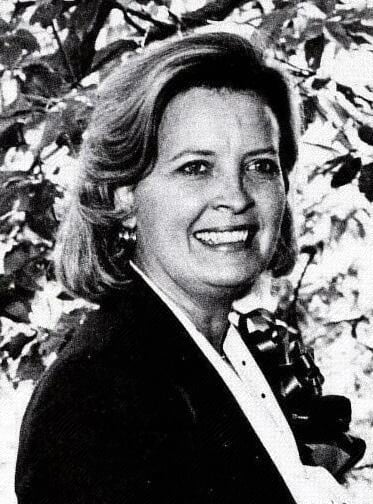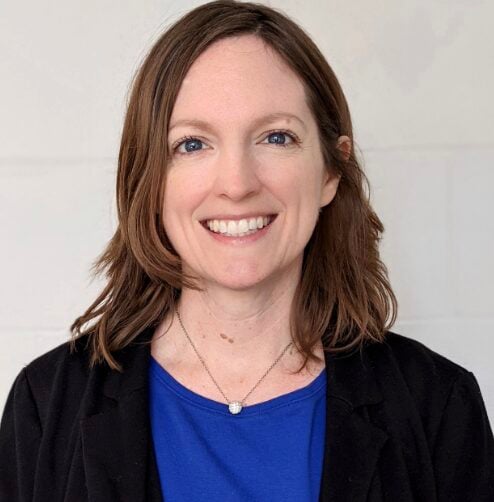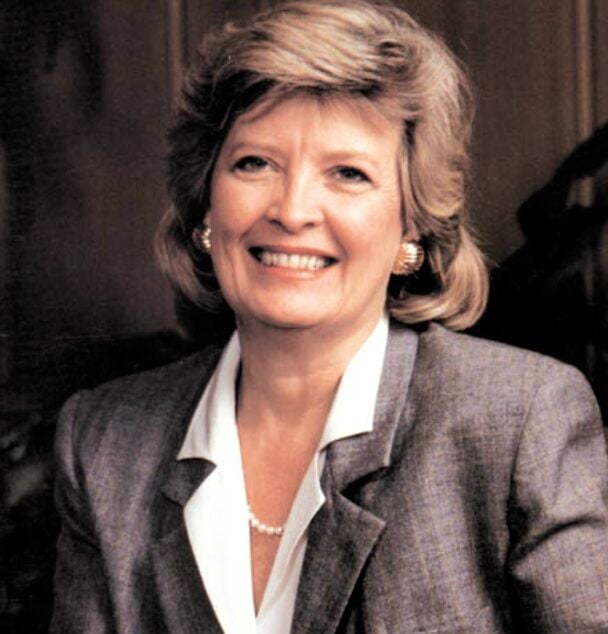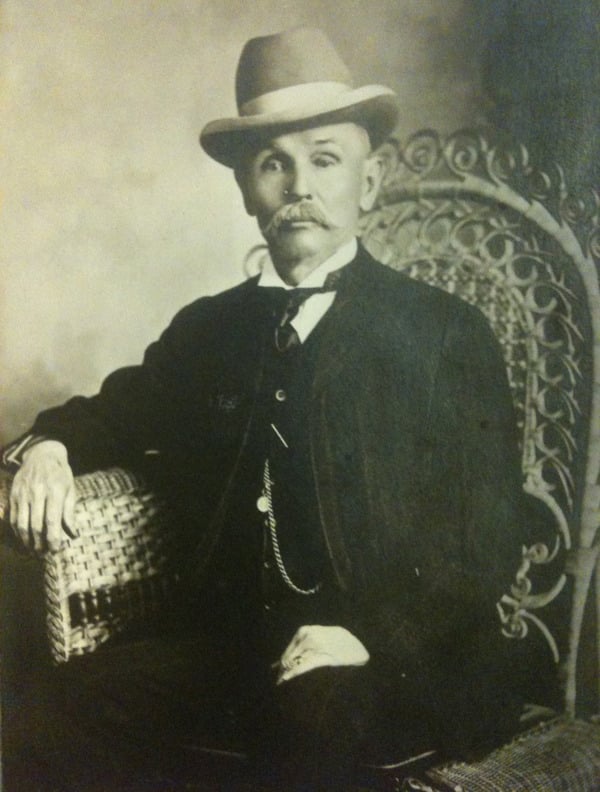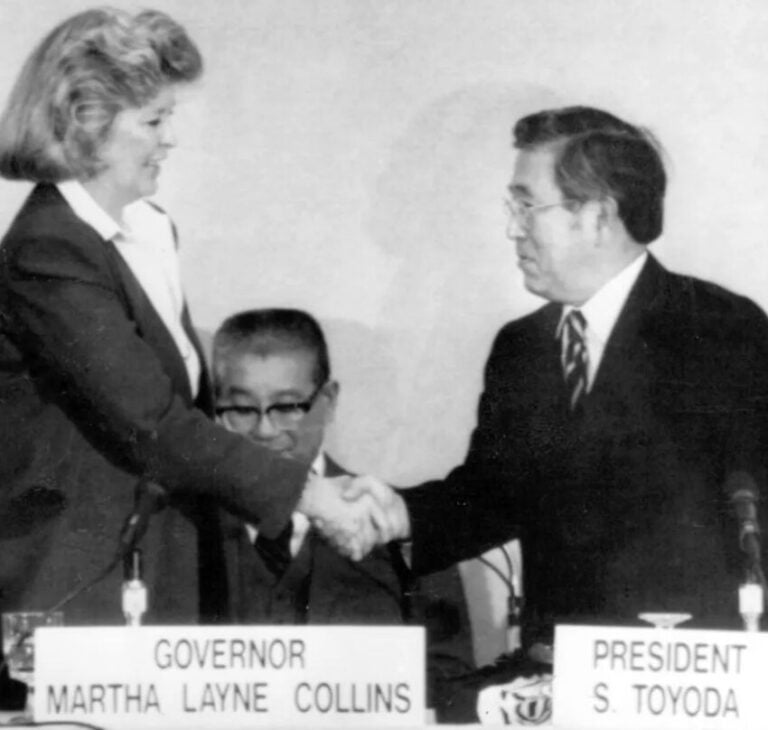This weekend Pope Francis was laid to rest. So it is natural, and appropriate, to turn our thinking to him, and to what has been the key to his life: simplicity.
And how simplicity can play a key role in our own lives, in this time of division and turmoil.
What do we do when we feel overwhelmed, not just by specific issues and outrages, but by an all-pervasive sense of futility about the limitless number of issues and outrages facing us. Any one of which can be complex enough by itself to paralyze us into inaction.
This is the confusion that many Americans – sensitive, caring Americans – find themselves in.
In the 100 days since Trump was inaugurated, we have witnessed situation after situation that is outside the bounds of normalcy as we know them. Whether massive firings of governmental employees, to assaults on governmental institutions, whole departments and agencies, to withholding appropriated funding from every segment of society, to ignoring the decisions of courts disapproving of Trump’s actions, to assaults on high profile private sector entities such as law firms and universities.

And on and on.
I do not intend to get into depth here on any one of these issues. Instead, I want to explore the psychology of dealing with the whole of them.
I readily admit I have no training or expertise with which to undertake such an endeavor. But what seems needed at this time is not a complicated or holistic diagnosis, but a practical, gut level sense of things. For example, what issues are most important. Issues fall naturally into a priority order of importance for individuals Which issues raise serious moral questions. These realities provide clues as to where to begin.
One moves from this beginning to focus on priorities. To identify the questions presented: what was the status quo, what was done to disturb it, how is that wrong, what would fix the issue, who needs to do what, how to convince that person or persons to do what is needed, how to accomplish that convincing.
What this distills down to, in my thinking, is this: simplify. Each time complexity is encountered in this analytical process, the answer usually involves some degree of simplicity.
Which brings us to Pope Francis.
His approach to the papacy is well known to have involved an extreme fidelity to simplicity. In how he lived, where he lived, what he wore, what he drove, with whom he ate, what he owned – and didn’t own. And in what he attempted to accomplish.
At the base of his fidelity to simplicity was his embrace of the Gospel of love. Love for all persons, regardless of station. Love that the ordinary trappings of life, much less the papacy, tend to obscure.
So what is the connection? The connection I see, between the life Pope Francis lived every day, and the life we live every day, is in what brings us a sense of satisfaction, about how we are encountering the challenges facing us.
Whether our gut level sense of what is moral, what is right, what is loving, is resonating positively within us.
Virtually every issue that has been created in the 100 days since inauguration involves, at bottom, a clear line of demarcation between what is moral. And what is not.
That is the first and most important test of simplicity. The second is sorting the issues into an order of priority – based on what is most important to the person. The third has to do with the questions that come up. To be addressed in order and as needed.
Two final points. First, to embrace the Gospel imperative to act. Love is active. To love is to seek the best possible for the beloved. We must pursue that good in the best ways open to us. By acting. Speaking, writing, standing, marching. The second final point is this: we will not succeed, in finding and achieving complete solutions for the issues. That we remain constantly faithful in our pursuit, is our greatest challenge. And greatest reward.
Hard to believe? Witness the life of Pope Francis. This simple man, of common black shoes and white cossack, has instructed and won the adulation of the entire world. Not because he achieved his objectives. But because he never stopped pursuing them.
It is worth our consideration.
Col Owens is a retired legal aid attorney and law professor, author of Bending the Arc Toward Justice, longtime Democratic Party activist, and member of the Boards of Directors of Kentucky Voices for Health and the Kentucky Board of Elections.












